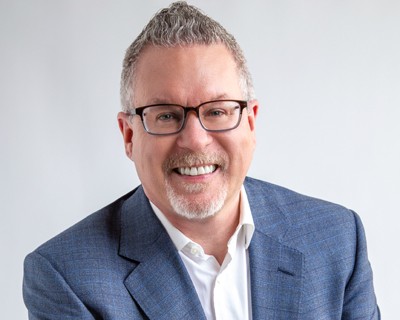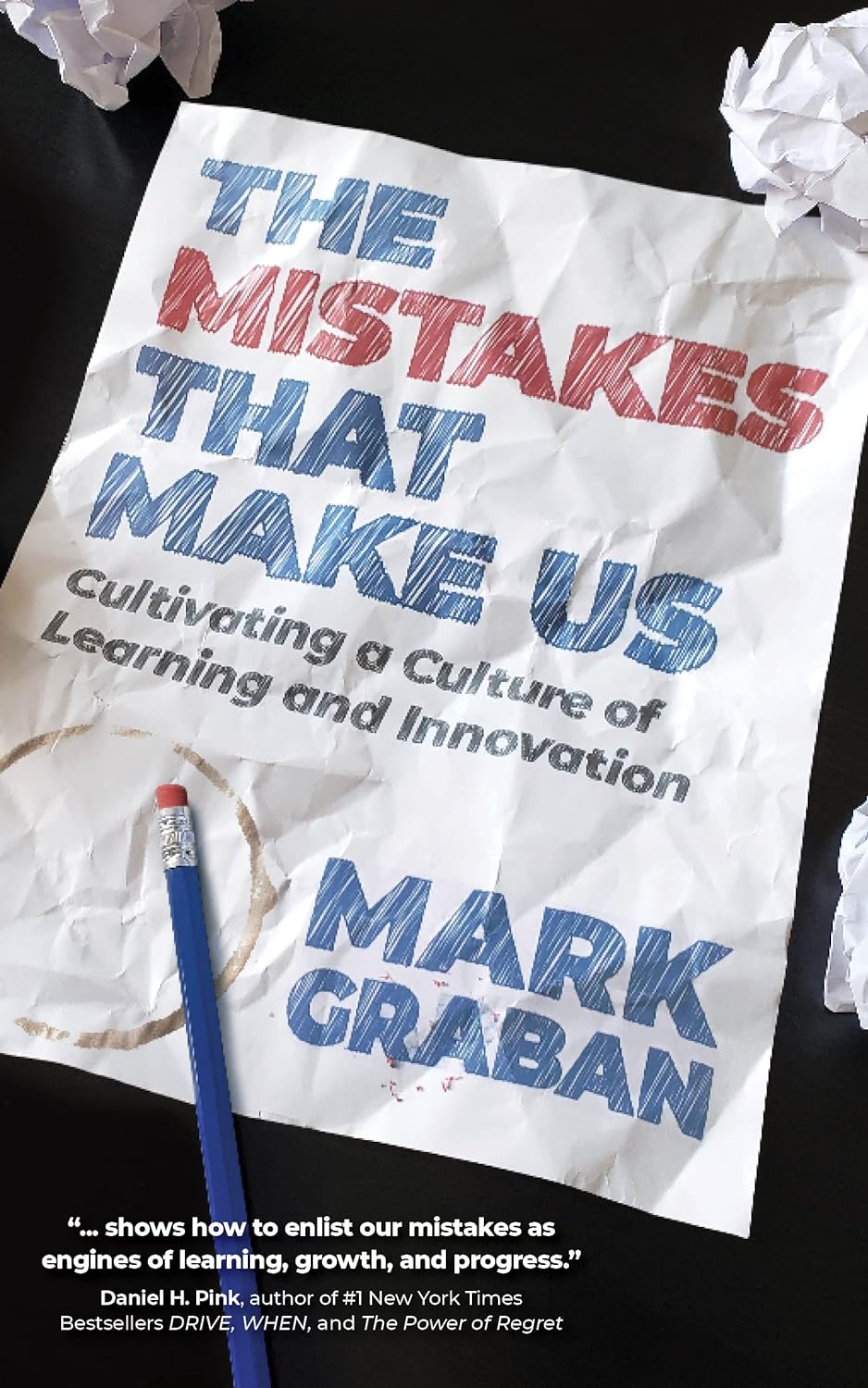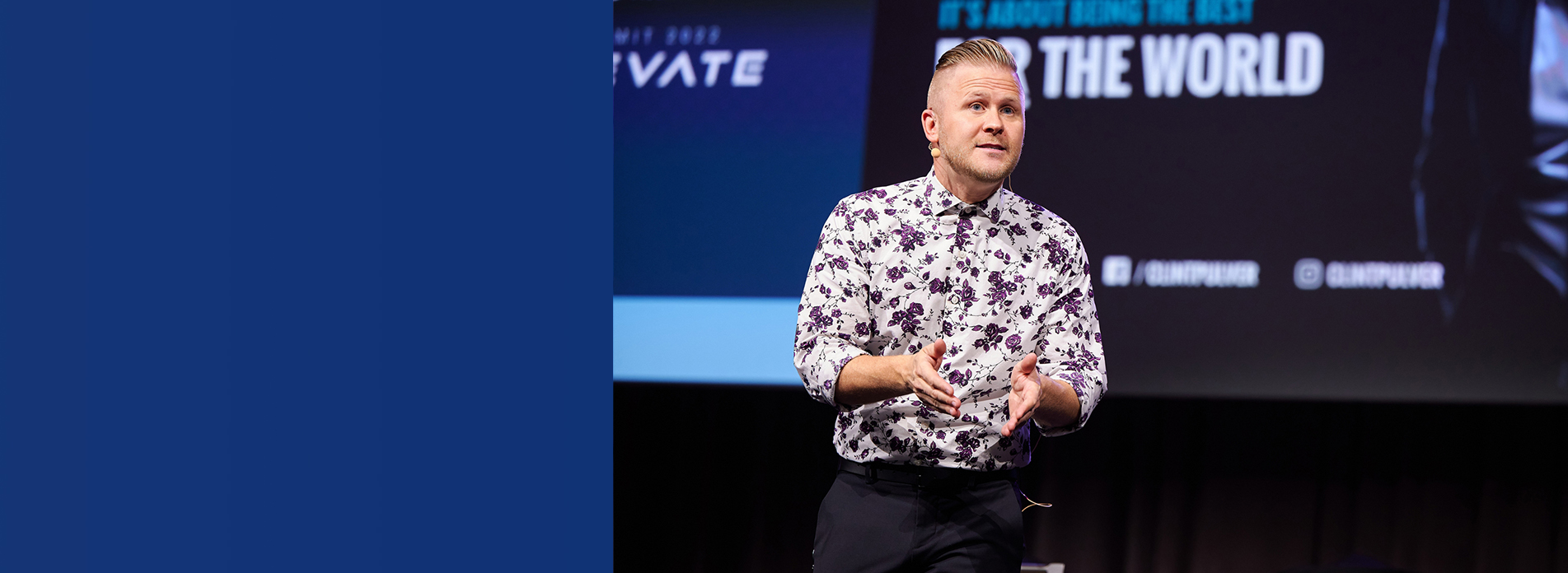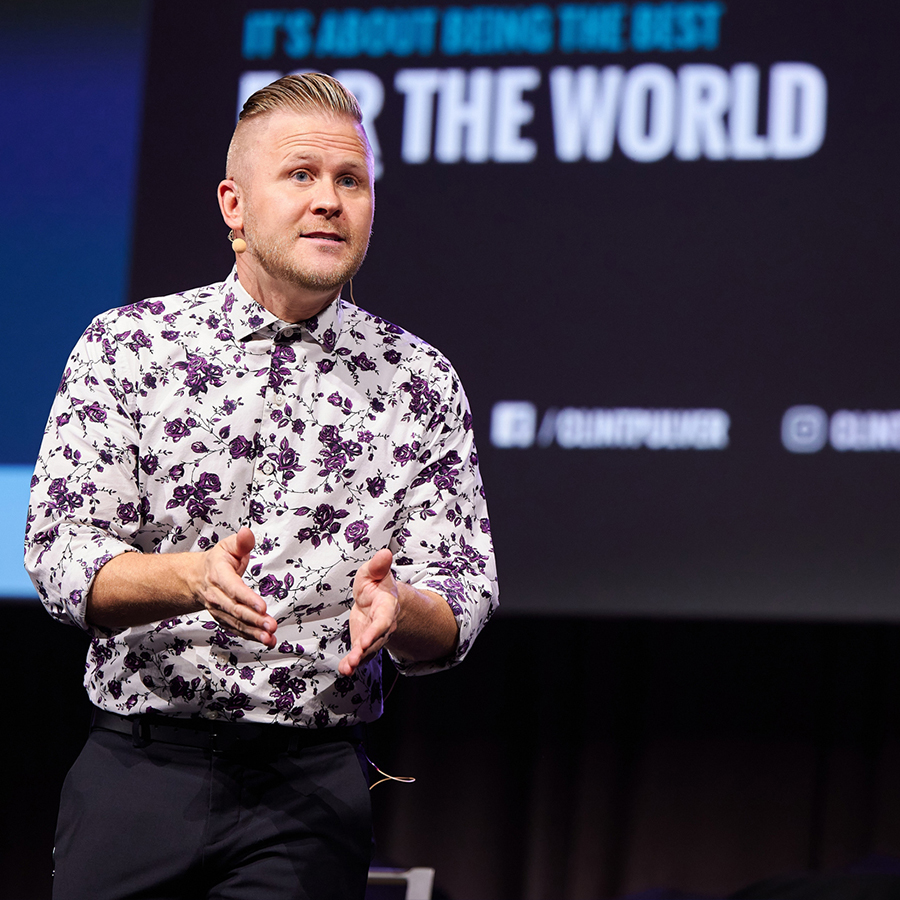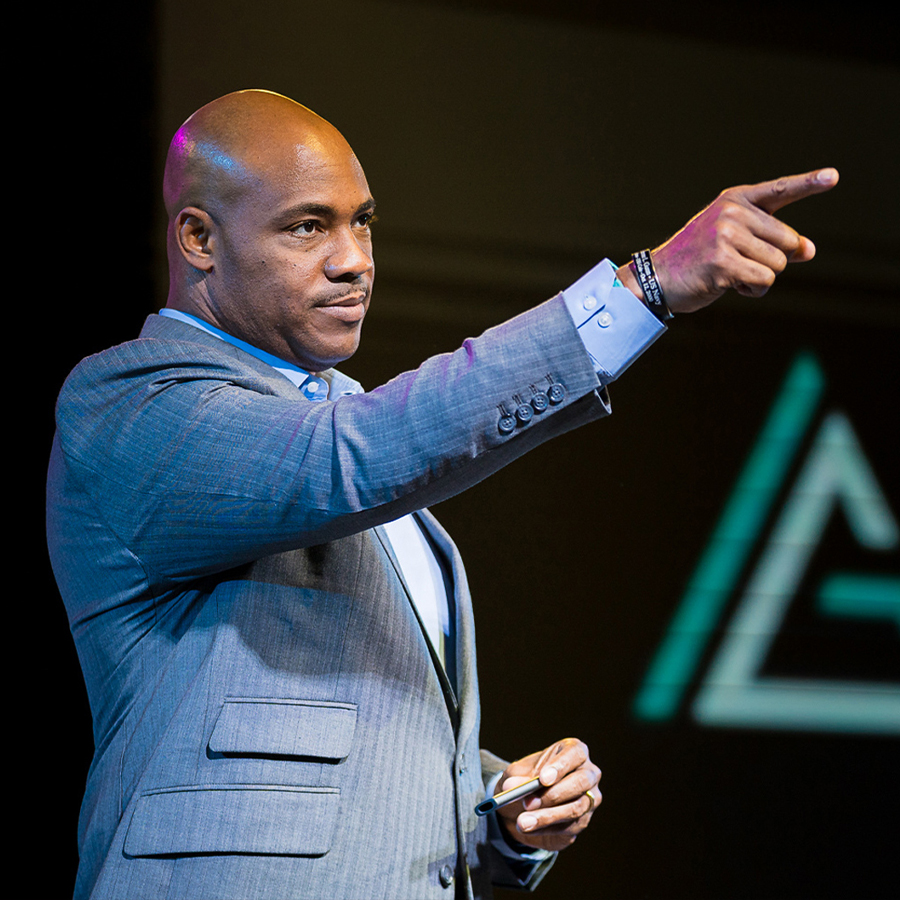Mark Graban is an internationally-recognized consultant, published author, professional speaker, blogger, podcaster, and entrepreneur.
He builds upon a deep education in engineering and management with practical experience working with executives and frontline employees in multiple industries. He synthesizes and practices approaches, including Lean management, continuous improvement, statistical methods, and people-centered leadership to cultivate psychological safety and employee engagement.
Mark helps others learn how to improve and sustain performance. In his healthcare work, this means improving the quality of care and patient safety while reducing cost and improving the workplace experience. Across multiple sectors, goals also include improving the customer (or patient) experience, helping develop leaders and employees, and building more robust, adaptive organizations for the long term.
He has learned, practiced, and taught these methodologies in settings including manufacturing, healthcare, and technology startups, working independently since 2010. Mark often works in partnership with other consulting groups on larger engagements. Mark is also a Senior Advisor to the technology and software company KaiNexus and has a small equity stake.
